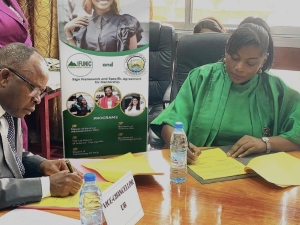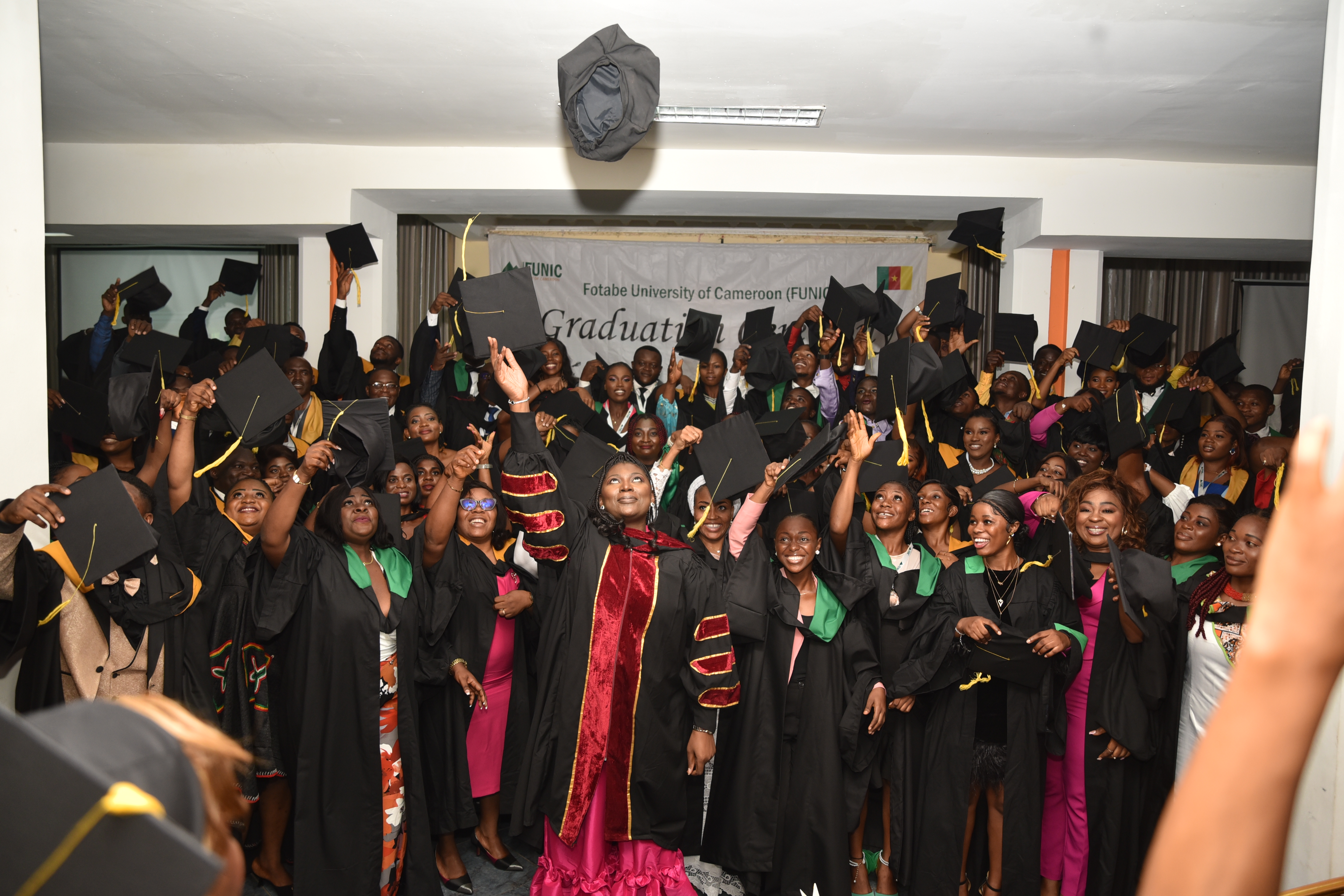
FUNIC Launches Cameroon’s First-Ever Trade School, Filling a Critical Gap in Youth Training
IT OFFICE |
FUNIC Launches Cameroon’s First-Ever Trade School, Filling a Critical Gap in Youth Training Douala, Cameroon — In a bold and timely move, the FUNIC Higher Institute of Entrepreneurship and Technology has launched the FUNIC Trade School—Cameroon’s first-ever institution dedicated exclusively to training young people in Trade. At a time when most institutions focus heavily on entrepreneurship or employment preparation, FUNIC is stepping into a largely overlooked space: training youth who want to engage directly in buying and selling—not necessarily launch startups or climb the corporate ladder.This groundbreaking initiative marks a significant shift in business education. While entrepreneurship remains essential, FUNIC recognizes that not every young Cameroonian aspires to be an entrepreneur or formal employee. Many are already active in Trade, as seen in the daily WhatsApp statuses, Facebook stories, and Instagram posts promoting clothes, perfumes, electronics, and food items for sale.
“We have paid attention to what young people are actually doing,” said Dr. Fotabe Elmine, founder of FUNIC. “While the general trend is to make every youth an entrepreneur or an employee, we understand that a huge number simply want to become successful traders. Our Trade School is designed precisely for them.”
While entrepreneurship, employment, and trade are all pathways to earning a living, they differ significantly in focus and approach. Entrepreneurship involves identifying a problem or opportunity and building a business—often from scratch—to solve it, typically involving innovation, leadership, risk-taking, and long-term vision. Employment, on the other hand, refers to working for an organization or individual in exchange for a salary or wages, usually within a structured environment with defined roles. Trade is distinct from both—it focuses on the buying and selling of goods or services for profit, often within informal or semi-formal markets. Traders may not seek to innovate or build companies; instead, they master the art of sourcing, pricing, customer engagement, and quick turnover. While entrepreneurship builds ventures, and employment builds careers, trade builds commerce through daily transactions and market relationships.
The new FUNIC Trade School builds on five years of successful experimentation with the Igbo Apprenticeship System (IAS)—a proven model of hands-on training rooted in Nigerian trading culture. FUNIC has worked closely with experienced Igbo traders across Cameroon, allowing students to spend two semesters each year under the mentorship of seasoned businesspeople operating in vibrant markets.
The Igbo Apprenticeship System, renowned across West Africa, is centered on mentorship, trust, business discipline, and eventual “settlement”—a process in which apprentices receive startup capital to launch their own businesses. Though effective, the traditional IAS is under threat from modernization, lack of structure, and declining interest among youth. FUNIC has adapted this model to suit today’s expectations by adding textbooks, classroom learning, certification, and global exposure—without losing its practical core.
The FUNIC Trade School offers one focused program: a 2-year Higher National Diploma (HND) in Marketing-Trade-Sales. It combines formal academic instruction with real-life apprenticeship under established Igbo mentors. It is a residential program, designed to fully immerse students in both theory and practice.
Program Features include zero tuition fees (students only pay for boarding and meals), intensive mentorship, and post-graduation startup capital to help students launch their own trade ventures.
“This is not a school for dreamers—it’s for doers,” added Dr. Fotabe. “If you’re a young person who wants to be skilled in the art and science of buying and selling, and you want real support to succeed in it, this is your school.”
By elevating the often-undervalued path of trade into a formal, respected, and certified program, the FUNIC Trade School is creating new possibilities for Cameroon’s youth—and rewriting the narrative about what success looks like.
For more information, visit https://www.funic.co/blog/FUNIC%20Trade%20School or contact the admissions office.



